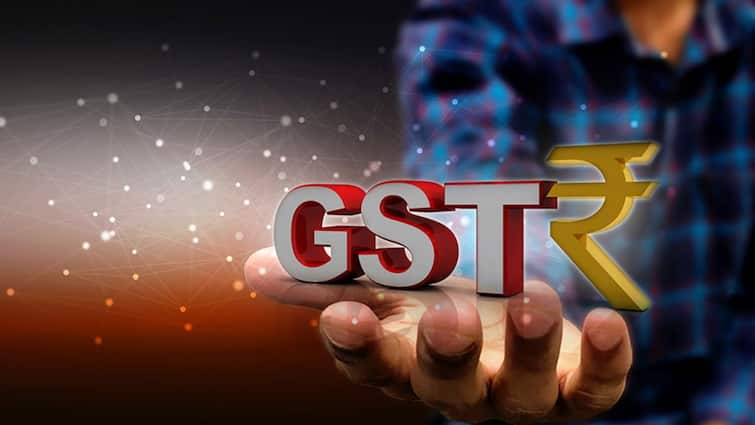GST Council Meeting: The 56th meeting of the Goods and Services Tax (GST) Council, chaired by Finance Minister Nirmala Sitharaman, started today and will conclude on September 4.
Expectations are high as the Council may announce a restructuring of the GST framework that could have far-reaching consequences for industries ranging from fast-moving consumer goods (FMCG) to automotive tyres.
Reports suggest that the Council is considering scrapping the existing 12 per cent and 28 per cent tax brackets, replacing them with a simplified two-tier structure of 5 per cent and 18 per cent. In addition, a higher rate of 40 per cent could be imposed on so-called ‘sin goods’ such as tobacco and other demerit items.
Auto Industry Eyes Relief
The automotive sector is one of the most keenly watched categories ahead of the meeting. At present, automobiles are placed in the top tax slab of 28 per cent, with an additional compensation cess applied to certain vehicles. Proposals on the table could see entry-level cars taxed at 18 per cent, while larger vehicles such as SUVs and luxury cars may fall under the newly proposed 40 per cent rate.
Possible Respite for FMCG and Consumer Goods
Industry watchers expect significant announcements for the FMCG sector, where products like shampoos, toothpaste and talcum powder may see a reduction in GST from the current 18 per cent to 5 per cent. Items such as milk powder, chocolates, noodles, sugar and cooking oils, currently taxed at 12 per cent, are also expected to move into the lower 5 per cent bracket.
Prices of consumer durables, including televisions, refrigerators and washing machines, could also fall if GST on these items is revised from 28 per cent to 18 per cent, offering relief to both manufacturers and consumers.
Insurance and Tyres Under Review
Insurance premiums are another area likely to see changes. Bihar Deputy Chief Minister and insurance Group of Ministers (GoM) convenor Samrat Choudhary recently stated that the Centre has proposed exempting both life and health insurance premiums from GST, which are currently taxed at 18 per cent.
In the tyre segment, the Automotive Tyre Manufacturers Association (ATMA) has appealed for a reduction in GST from the present 28 per cent to 5 per cent. The association has argued that tyres are integral to transport, agriculture, mining and construction, and should not be categorised as luxury goods.
Sin Goods Face Steeper Taxes
While many sectors could benefit from rate cuts, demerit goods such as pan masala, tobacco and cigarettes are likely to be placed in the new 40 per cent slab. Reports also suggest that an additional cess may be introduced on top of this, further tightening the tax burden on such products.
All Eyes on the Council’s Verdict
Market participants, analysts and industry associations will be closely monitoring the deliberations over these two days. With consumption-driven sectors like auto and FMCG potentially gaining from tax relief, and luxury and demerit goods likely to face higher rates, the decisions taken at this meeting will be pivotal for shaping the near-term trajectory of India’s economy.



